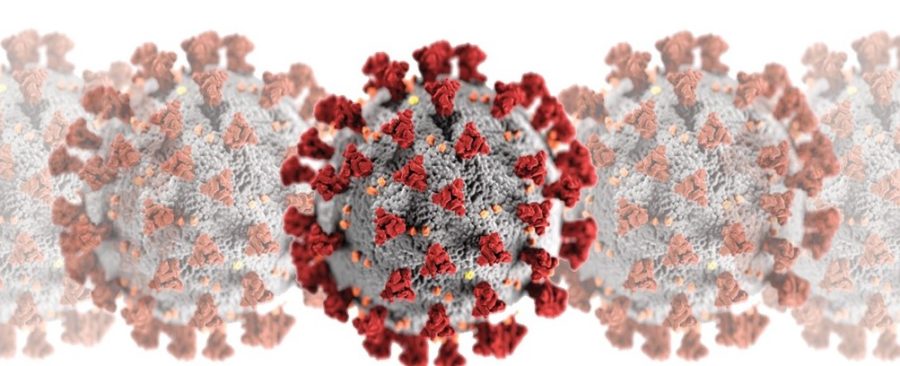THE number of deaths in children under five has dropped to its lowest point last year but now the Covid-19 pandemic is threatening to reverse decades of progress towards the elimination of child deaths says the World Health Organization (WHO). WHO in a media release issued on Tuesday stated that in 2019, there was “an all-time record low” of 5.2 million deaths, a significant decrease from 12.5 million in 1990 according to new mortality estimates released by United Nations Children’s Fund (UNICEF), WHO, the Population Division of the United Nations Department of Economic and Social Affairs and the World Bank Group.
However, surveys by UNICEF and WHO reveal that the Covid-19 pandemic has resulted in major disruptions to health services.
Even before Covid-19, newborns were at highest risk of death. In 2019, a newborn baby died every 13 seconds, WHO stated.
In May this year, initial modelling by Johns Hopkins University showed that almost 6,000 additional children could die daily due to disruptions due to COVID-19
WHO Director-General Dr Tedros Adhanom Ghebreyesus said, “The fact that today more children live to see their first birthday than any time in history is a true mark of what can be achieved when the world puts health and well-being at the centre of our response. Now, we must not let the Covid-19 pandemic turn back remarkable progress for our children and future generations. Rather, it’s time to use what we know works to save lives, and keep investing in stronger, resilient health systems.”
Henrietta Fore, UNICEF Executive Director said, “The global community has come too far towards eliminating preventable child deaths to allow the Covid-19 pandemic to stop us in our tracks. When children are denied access to health services because the system is overrun, and when women are afraid to give birth at the hospital for fear of infection, they, too, may become casualties of Covid-19. Without urgent investments to re-start disrupted health systems and services, millions of children under five, especially newborns, could die.”
Over the past 30 years, health services to prevent or treat causes of child death such as preterm, low birthweight, complications during birth, neonatal sepsis, pneumonia, diarrhea and malaria, as well as vaccination, have played a large role in saving millions of lives WHO stated.
Now countries worldwide are experiencing disruptions in child and maternal health services, such as health checkups, vaccinations and prenatal and post-natal care, due to resource constraints and a general uneasiness with using health services due to a fear of getting Covid-19.
A UNICEF survey conducted over the summer across 77 countries found that almost 68 per cent of countries reported at least some disruption in health checks for children and immunization services. In addition, 63 per cent of countries reported disruptions in antenatal checkups and 59 per cent in post-natal care.
A recent WHO survey based on responses from 105 countries revealed that 52 per cent of countries reported disruptions in health services for sick children and 51 per cent in services for management of malnutrition.
Based on the responses from countries that participated in the UNICEF and WHO surveys, the most commonly cited reasons for health service disruptions included parents avoiding health centers for fear of infection; transport restrictions; suspension or closure of services and facilities; fewer healthcare workers due to diversions or fear of infection due to shortages in personal protective equipment such as masks and gloves; and greater financial difficulties. Afghanistan, Bolivia, Cameroon, the Central African Republic, Libya, Madagascar, Pakistan, Sudan and Yemen are among the hardest hit countries.
WHO stated that the reports and surveys highlighted the need for urgent action to restore and improve childbirth services and antenatal and postnatal care for mothers and babies, including having skilled health workers to care for them at birth. Working with parents to assuage their fears and reassure them is also important.
Muhammad Ali Pate, Global Director for Health, Nutrition and Population at the World Bank said, “It is essential to protect life-saving services which have been key to reducing child mortality. We will continue to work with governments and partners to reinforce healthcare systems to ensure mothers and children get the services they need.”
![]()










